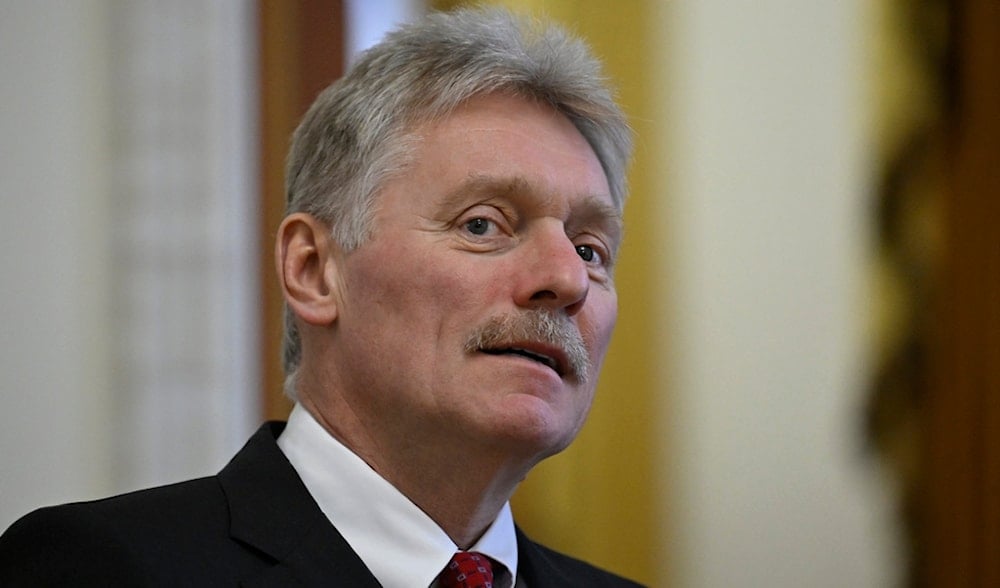Kremlin comments on Assad’s withdrawal, Russia’s ME policy
Kremlin spokesperson Dmitry Peskov responds to questions about ousted President Bashar al-Assad’s withdrawal from power, Russia’s role, and its ongoing dialogue with Middle Eastern countries amid instability in Syria.
-

The Kremlin's spokesperson Dmitry Peskov attends a meeting at Kazan Kremlin in Kazan, Russia, on October 22, 2024. (AP)
"Assad's withdrawal from the process of fulfilling the duties of the head of state is his personal decision. The rest will be left without comments," Kremlin spokesperson Dmitry Peskov told RIA Novosti reporters when asked what role Russia played in al-Assad's departure from the post of head of the Syrian state and his arrival in Moscow.
Russia maintains an ongoing dialogue with all Middle Eastern countries, Peskov stated while addressing the status of military bases in Syria and Russia's regional influence.
When asked about whether the Kremlin sees a risk of losing influence in the Middle East amid the instability in Syria, he said "We will continue this dialogue, we have an intersection of interests with many countries, a coincidence of interests with a number of states in the region. We have very broad-based cooperation, both trade and economic, and other, and we intend to continue all these processes."
The official emphasized that now is the time for a thorough analysis of the situation in Syria, stressing that it is difficult to predict what will happen next.
This comes after Russia's Vesti Nedelya newspaper, citing unnamed sources, had formerly reported that al-Assad, who had been granted asylum by Russia, had arrived in Moscow with his family.
UK could consider removing proscription of Syria's HTS
Senior British minister Pat McFadden said on Monday that the United Kingdom may consider removing the proscribed status of Hay'at al-Tahrir al-Sham (HTS), the group at the forefront of the Syrian new government forces that played a key role in ousting former President Bashar al-Assad.
When asked if the British government would have to look again into the proscription of HTS, McFadden told Sky News, "We will consider that. And I think it will partly depend on what happens [next]."
The consideration comes after militants entered Syria's capital, Damascus, on December 8, ousting former President Bashar al-Assad.
It is worth noting that the onslaught on Syrian cities and towns, led by Hay'at Tahrir al-Sham (HTS) and Turkish-backed militants, began on November 27, targeting the city of Aleppo in the North. Later, militants took over the city of Hama then Homs, before heading toward Damascus.
The leader of HTS, which is listed by the United Nations as a terror organization, Abu Mohammad al-Jolani released a statement instructing new government forces in Damascus that "it is strictly forbidden to approach public institutions, which will remain under the supervision of the former prime minister until they are officially handed over."
Read more: Assad left Syria, ordered peaceful transfer of power: Lavrov

 3 Min Read
3 Min Read








